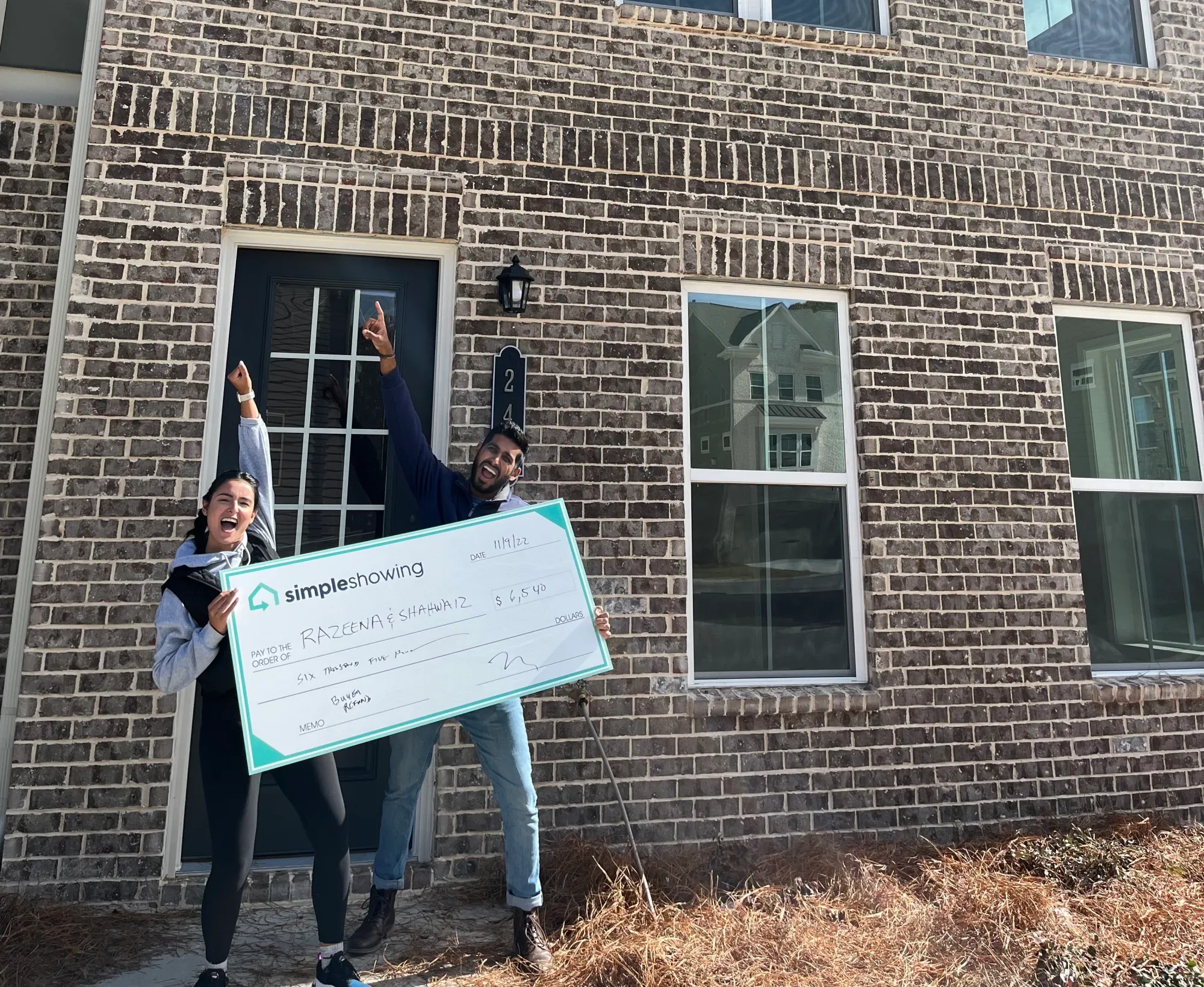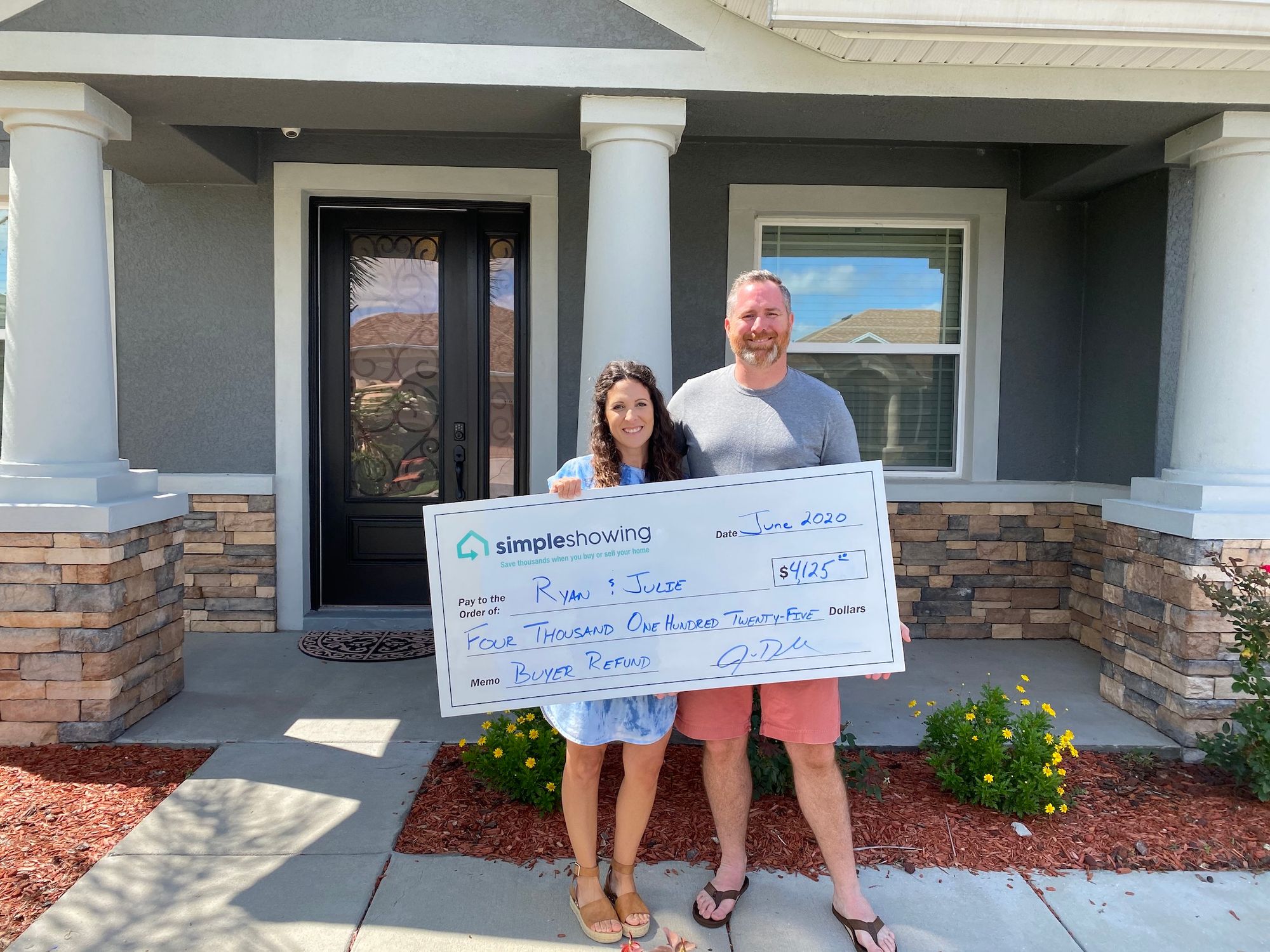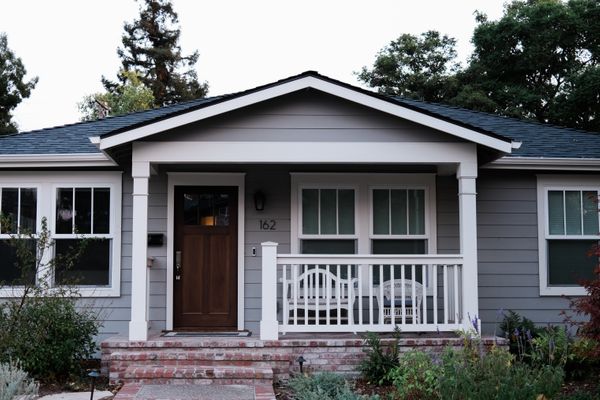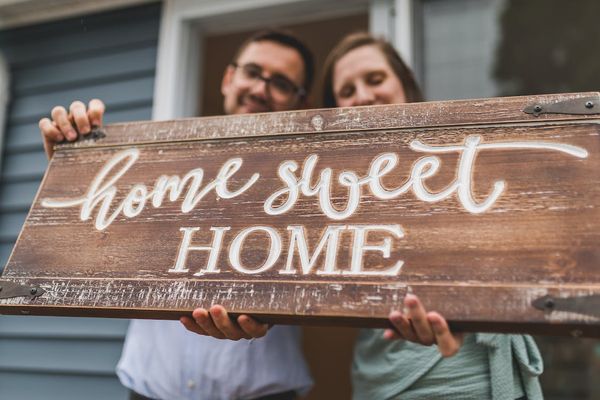If you're a first-time homebuyer in the US, purchasing a home can be both exciting and daunting. But fortunately, there are many first-time home buyer programs and first time home buyer grants available to make the home buying process more affordable if you need help with your down payment, closing costs, or the monthly mortgage payment.
What is a First-Time Home Buyer Grant?
A first-time home buyer program is a program that helps people who are buying their first house by offering various financial assistance programs. These programs can include down payment and closing cost assistance, deferred payment loans, payment assistance loans, grants and even tax credits.
First-time home buyer programs are generally offered by federal, state or local governments, but there are also credits and rebates offered by mortgage lenders and real estate brokerages. These programs are designed to help first-time homebuyers overcome the financial barriers of homeownership and make the home buying process more accessible.
7 First-Time Home Buyer Grants & Programs
There are many different types of first-time home buyer programs available in the US.
1) Down Payment Assistance Programs
Several state governments offer homebuyer grants to first-time buyers ranging from $500 to $25,000. Buyers can use these grants towards closing costs, mortgage interest rate reductions or even for down payments on a property.
Here are some examples of state and local programs:
- California's CHFA Zero Interest Program: The California Housing Finance Agency offers the CalHFA Zero Interest Program, which provides a deferred-payment junior loan of up to 3.5% of the purchase price or appraised value, whichever is less, to help with the down payment or closing costs.
- Texas First-Time Home Buyer Programs: The Texas Department of Housing and Community Affairs offers several programs to help first-time homebuyers, including down payment assistance, mortgage loans, and mortgage credit certificates. See a full list of Texas Homebuyer Programs here.
- New York State First-Time Home Buyer Programs: New York State offers several programs to help first-time homebuyers, including the State of New York Mortgage Agency "Achieving the Dream Program", which provides affordable financing and down payment assistance, and the Neighborhood Revitalization Program, which offers financial assistance to renovate and repair homes in certain neighborhoods.
- Florida Mortgage Credit Certificate (MCC) Program: This specific program offers a federal tax credit of 50% of a paid mortgage interest up to $2,000 a year for first-time homebuyers. See a complete list of Florida Homebuyer Programs here.
2) NACA: Neighborhood Assistance Program
The Neighborhood Assistance Corporation of America (NACA) is a non-profit organization that offers a home buying grant program to assist low-to-moderate-income individuals in purchasing a home. NACA's program is designed to provide access to affordable mortgage products and help potential homebuyers navigate the often-complex process of buying a home.
The NACA home buying grant program offers several benefits to eligible participants, including no down payment requirements, no closing costs, and no fees associated with the program.
3) FHA Loan
The Federal Housing Administration offers loan programs that are specifically designed for first-time homebuyers. These loans require a lower down payment of 3.5% and have more relaxed credit score requirements than traditional loans.
4) New Construction Builder Credit
Many home builders offer special incentives or closing cost contributions on new construction homes, not only to first time buyers but to anyone purchasing a new house.
5) Homebuyer Rebate Programs

A commission rebate program is a form of a cash contribution towards buyer closing costs. This style of buyer credit was originally pioneered by Redfin over 10 years ago and is still offered by several real estate brokerages. SimpleShowing, the author of this article, offers a rebate about 3-4x higher than the Redfin credit. On average, homebuyers get about $4,800 - $5,900 paid towards their closing costs - which drastically reduces the cost of buying a home.
The SimpleShowing refund program is offered to buyers in Florida, Georgia and Texas.
6) Tax Deductions for First-Time Homebuyers
Being a homeowner has some advantages when it comes to filing personal income taxes. Many of these are available to all homeowners - not just first time buyers. Here are some of the costs that can be deducted after buying a home:
- Property taxes: You can deduct property taxes up to $10,000 on your federal tax return.
- Mortgage interest: You can deduct your mortgage interest on your taxes, up to the first $750,000 or $375,000 if filing separately.
- Loan origination fees/mortgage points: You can deduct these up-front expenses when financing your home purchase.
7) The $25,000 Downpayment Toward Equity Cash Grant
The Down Payment Toward Equity Act is a proposed home buyer grant that awards up to $20,000 cash to first-generation home buyers and an additional $5,000 to buyers from socially or economically disadvantaged backgrounds.
The Downpayment Toward Equity Act of 2023 is still in the US Congress, awaiting a vote. It was re-introduced in June 2023 in the House of Representatives with more than 30 bill co-sponsors.
FAQs: Down Payment, Closing Cost Assistance
Q: Who qualifies as a first-time homebuyer?
A: The definition of a first-time homebuyer varies by program, but generally, it's someone who hasn't owned a home in the past three years. Some programs may also consider someone a first-time homebuyer if they've never owned a home before.
Q: What is a down payment?
A: A down payment is a portion of the purchase price of a home that a buyer pays upfront. This amount is typically expressed as a percentage of the total purchase price, and it's required by most lenders. Down payments can vary, but they're often around 3-5% of the purchase price for conventional loans. FHA down payments are 3.5%.
Q: What are closing costs?
A: Closing costs are fees associated with buying a home that are paid at the closing of the sale. They can include things like loan origination fees, appraisal fees, title search fees, and more. Closing costs can vary, but they're typically around 2-3% of the purchase price.
Q: How do I apply for a first-time home buyer program?
A: The application process for first-time home buyer programs varies by program, but generally, you'll need to provide documentation of your income and assets, as well as information about the property you're interested in buying. You may also need to attend a homebuyer education course.
Q: What is mortgage insurance?
A: Mortgage insurance is a type of insurance that protects the lender in case the borrower defaults on their loan. If you're putting less than 20% down on your home, you'll be required to pay higher mortgage insurance premiums.
Final Tips on Buying Your First Home
First-time home buyer programs can be a valuable resource for those looking to buy their first home. These programs can provide financial assistance for down payments, closing costs, and monthly mortgage payments, making homeownership more accessible. Here are a few more quick tips for your house hunting journey:
- Consider moving from an expensive area or to one of the most affordable states to buy a house.
- When you make an offer, ask the home seller for a seller contribution to help further offset or lower your closing costs.
- Avoid paying the full price for title insurance at closing by asking the closing attorney or title agent for "basic" coverage instead of enhanced coverage - especially for new construction homes.
Also, consider working with a trusted real estate agent or lender to guide you through the process. With the right combination of resources, homeowner assistance programs and lender support, you can achieve the goal of owning a home!






